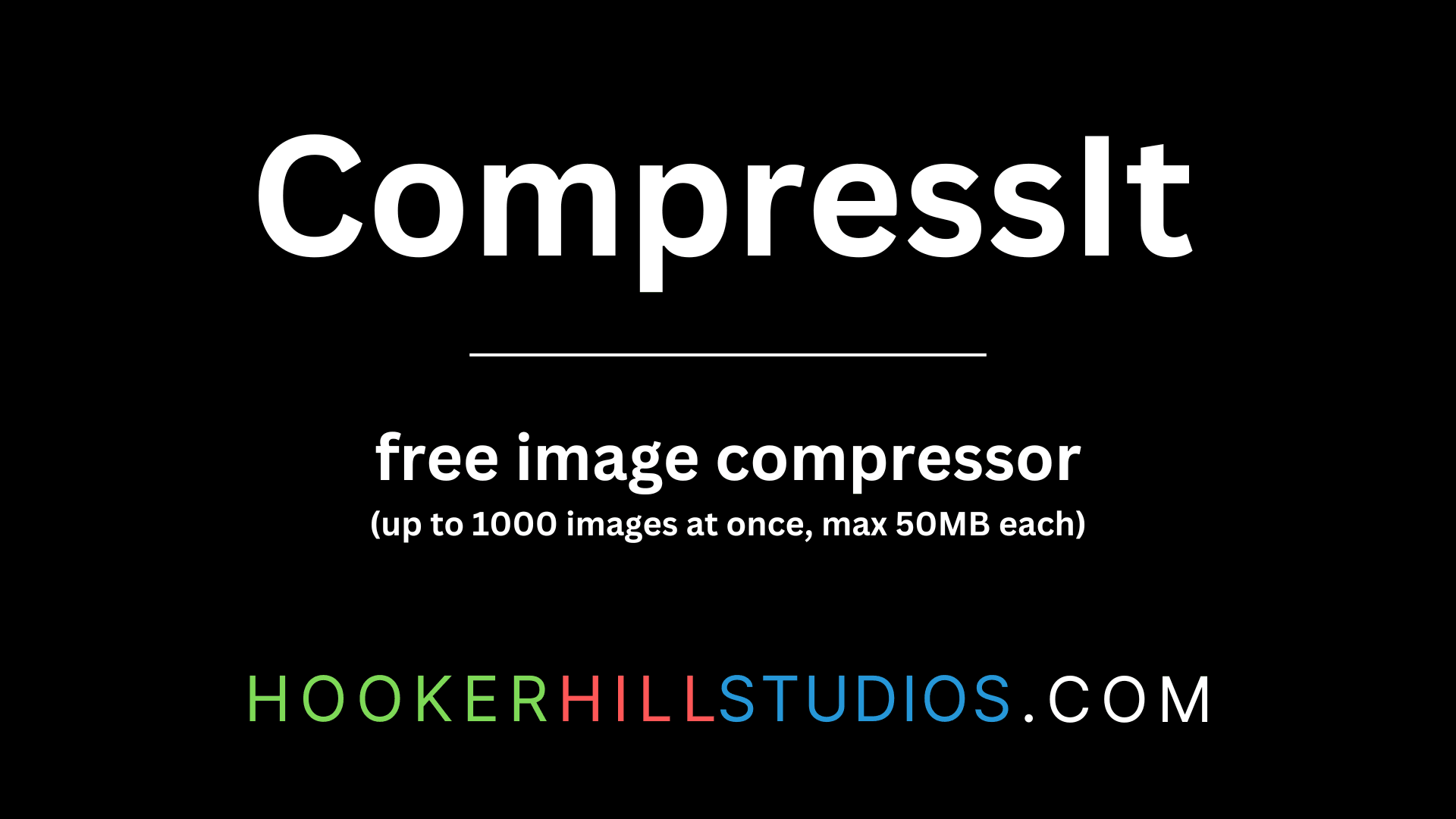Comparing Modern JavaScript Frameworks: React, Angular, and Vue in 2024

Comparing Modern JavaScript Frameworks: React, Angular, and Vue in 2024
Introduction
In 2024, the landscape of JavaScript frameworks continues to evolve, with React, Angular, and Vue remaining at the forefront of web development. Each framework offers unique features and capabilities, making the decision of which one to use for your next project both exciting and challenging. This article delves into a detailed comparison of these three popular frameworks, focusing on performance, ease of use, community support, and use cases to help you make an informed choice.
React’s Virtual DOM: React's virtual DOM was inspired by the document object model (DOM), but unlike the traditional DOM, the virtual DOM allows React to update the UI efficiently by only changing the parts that need to be updated. This concept has significantly improved the performance of web applications.
Performance
When it comes to performance, all three frameworks excel in different areas. React, developed by Facebook, is renowned for its high performance, largely due to its virtual DOM implementation. This allows React to efficiently update and render components, making it a great choice for applications with frequent UI updates.
On the other hand, Angular, maintained by Google, incorporates two-way data binding and dependency injection, which can add some overhead. However, Angular mitigates this with its Ahead-of-Time (AOT) compilation, which compiles code during the build process, resulting in faster runtime performance. Angular’s performance is particularly robust in large-scale applications where maintainability and scalability are crucial.
Vue, created by Evan You, strikes a balance between performance and simplicity. Its reactivity system and optimized rendering ensure excellent performance, particularly in smaller to medium-sized applications. Vue’s compact size and ease of integration can also lead to faster load times compared to the bulkier Angular.
Angular’s Initial Release: AngularJS, the first version of Angular, was originally released in 2010. It was a groundbreaking framework at the time, introducing concepts like two-way data binding and dependency injection to mainstream web development.
Ease of Use
Ease of use is a critical factor, especially for developers who are new to a framework. React offers a component-based architecture and uses JSX syntax, which combines HTML with JavaScript. While this approach provides great flexibility and control, it can be initially confusing for new developers. However, once mastered, React’s modularity and reusability of components make development more efficient.
Angular is a comprehensive framework that comes with a steeper learning curve. It uses TypeScript, which adds a layer of complexity but also enforces a more structured coding approach. Angular’s opinionated architecture can be advantageous for developers who prefer a well-defined project structure, as it promotes best practices and consistency across large teams.
In contrast, Vue is often praised for its gentle learning curve. Its single-file components, which encapsulate HTML, CSS, and JavaScript, and intuitive API make it very accessible to beginners. Vue’s simplicity does not come at the expense of power; experienced developers can leverage its advanced features to build complex applications.
Vue’s Incremental Adoption: One of Vue’s biggest selling points is its flexibility. It can be adopted incrementally, meaning you can start using Vue for a small part of your existing application without having to rewrite everything, making it an attractive option for gradual migration.
advertisement
Community Support
The strength of a framework’s community can significantly impact your development experience. React, with backing from Facebook, boasts a massive community and a rich ecosystem of libraries and tools. This extensive support translates into abundant resources, extensive documentation, and a wealth of tutorials available online.
Similarly, Angular enjoys strong corporate backing from Google and has a large, active community. Its ecosystem includes robust tooling, comprehensive documentation, and numerous community-driven resources that can help developers overcome any challenges they might face.
Although Vue doesn’t have the backing of a major corporation, its creator and the dedicated community ensure excellent support. Vue’s ecosystem is vibrant, with numerous plugins, libraries, and tools that enhance development. The community’s passion for Vue is evident in the wealth of tutorials, guides, and forums available.
Facebook and React: React was developed by Facebook and is used extensively in their applications, including Instagram and WhatsApp. The framework's development was motivated by the need to build a dynamic and high-performing user interface for Facebook's newsfeed.
Use Cases
Understanding the ideal use cases for each framework can guide your decision. React is well-suited for building dynamic and complex user interfaces, particularly single-page applications (SPAs). Its flexibility and performance make it a popular choice for companies like Facebook, Instagram, and Airbnb.
Angular is often the framework of choice for large-scale enterprise applications. Its structured approach and comprehensive feature set provide a maintainable codebase, which is essential for enterprise-level projects. Companies like Google, Microsoft, and IBM utilize Angular for their robust applications.
Vue is ideal for small to medium-sized applications and projects that require quick development and easy integration. Its flexibility and gentle learning curve make it perfect for startups and projects where time to market is critical. Notable companies using Vue include Alibaba, Xiaomi, and GitLab.
Google’s Commitment to Angular: Angular is maintained by Google and has been adopted in many of their applications. The Google AdWords team was one of the first major teams to use Angular, which greatly influenced the framework’s development and focus on scalability and performance.
FAQ
Which framework is best for beginners?
Vue is generally considered the easiest for beginners due to its straightforward syntax and gentle learning curve. It provides an intuitive environment that helps new developers quickly become productive.
How does each framework handle state management?
-
React: Uses libraries like Redux or the Context API for state management, providing flexibility in choosing the right solution for your application.
-
Angular: Features a built-in state management system with RxJS for reactive programming, making it easier to handle complex state interactions.
-
Vue: Utilizes Vuex, a state management library designed specifically for Vue applications, offering a simple yet powerful way to manage state across your application.
Resources
Official Documentation:
-
Angular: https://angular.io/docs
Tutorials:
-
React Tutorial for Beginners: https://reactjs.org/tutorial/tutorial.html
-
Angular - Tour of Heroes: https://angular.io/tutorial
-
Vue.js Guide: https://vuejs.org/guide/scaling-up/ssr.html#basic-tutorial
GitHub Repositories:
-
Angular: https://github.com/angular/angular
advertisement
Conclusion
Choosing the right JavaScript framework for your project in 2024 depends on various factors including performance, ease of use, community support, and specific use cases. React stands out for its high performance and flexibility, making it ideal for dynamic and complex user interfaces. Angular shines in large-scale enterprise applications, offering a structured and maintainable codebase. Vue strikes a balance between simplicity and power, perfect for small to medium-sized applications with quick development needs. By understanding the strengths and weaknesses of React, Angular, and Vue, you can make an informed decision that aligns with your project requirements and team expertise, ensuring efficiency, maintainability, and scalability.
About the Author

Hi, I'm Jared Hooker, and I have been passionate about coding since I was 13 years old. My journey began with creating mods for iconic games like Morrowind and Rise of Nations, where I discovered the thrill of bringing my ideas to life through programming.
Over the years, my love for coding evolved, and I pursued a career in software development. Today, I am the founder of Hooker Hill Studios, where I specialize in web and mobile development. My goal is to help businesses and individuals transform their ideas into innovative digital products.
Read Recent Articles
Recent Articles
View All
CompressIt - Fast & Efficient Image Compression Tool for Web Optimization
December 02, 2024




to join the conversation